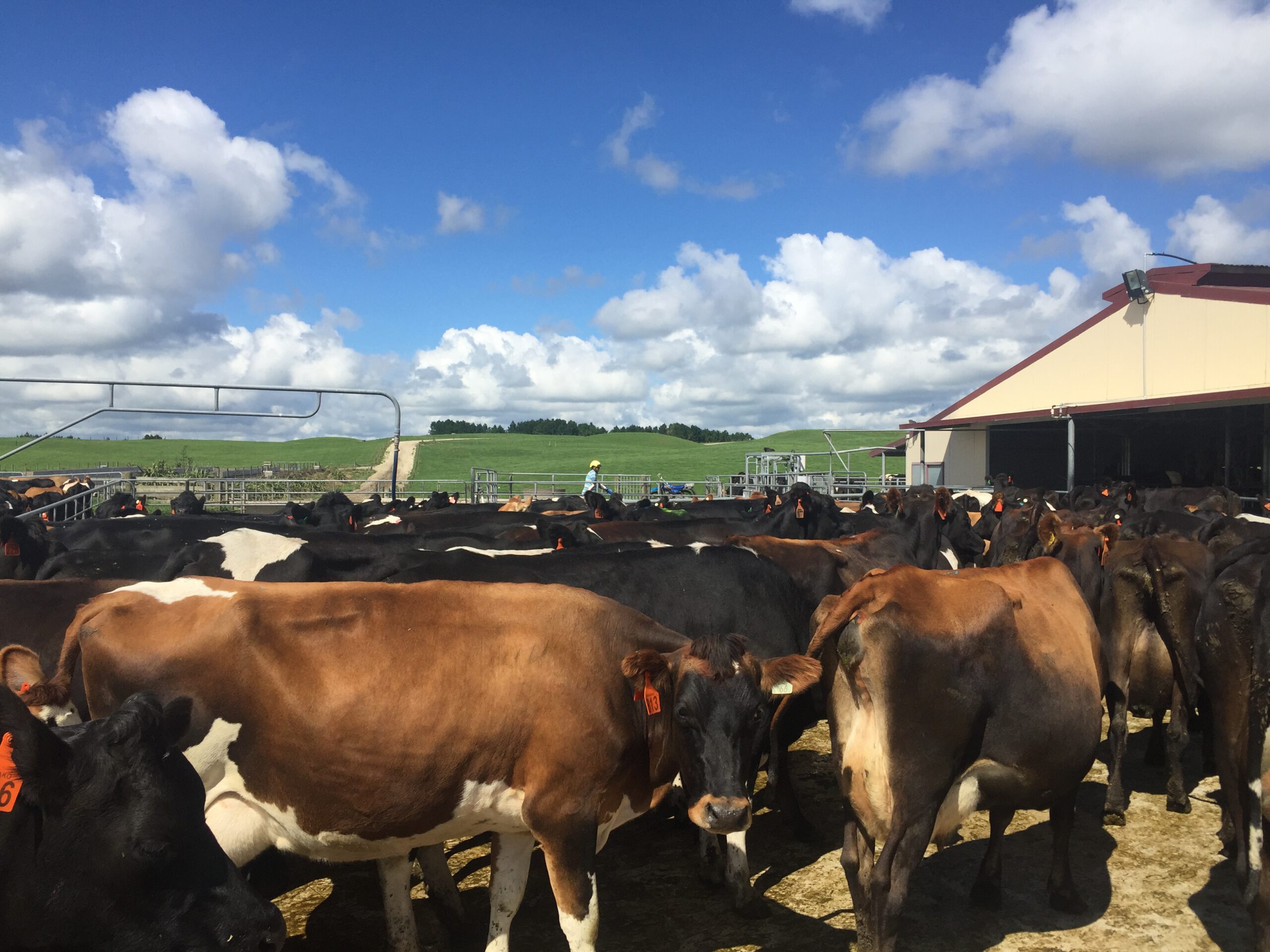Aotearoa New Zealand
How history, agrarian structures, and state-regulation have shaped financial flows into the “Kiwi countryside”.
Introduction
This section comes to terms with both the productive and constraining power of investment and property regimes, as well as the modalities of state-investor relations in Aotearoa* New Zealand and Tanzania and that have helped financial investors to access land and derive financial benefits from it.
It will become evident that the two countries represent starkly contrasting approaches for the state’s role in turning farmland into a global financial resource, exhibiting very different histories and forms of “geopower” [1], but also varied capacities (and willingness) to regulate and account for the new financial flows into agriculture. In investment circles, land markets in the Global South are often described as being “thin” on account of their low degree of formalization and the lack of property data, whereas those in the Global North are described as “thick” because of their greater level of formalization and transparency. Although such a juxtaposition is somewhat simplified, and by itself deserves critical scrutiny, we can creatively extend these notions to think through the emergence and graspability of institutional landscapes.
The variegated regulation and state-mediated “landing” [2] of agricultural investments in Aotearoa New Zealand and Tanzania invite us to shed light on these themes. In this regard, it should be noted that, at least in the former case, domestic investors have also played a role in institutional landscape-making, but, since these do not have to go through the same regulatory agency as foreign investors, they leave other statistical footprints and will not be subjected to further scrutiny in what follows.
*I use the wording “Aotearoa New Zealand” throughout my work in order to make visible the colonial origin of today’s nation state – the past still shapes the present. “Aotearoa” is the description of the country in the indigenous Māori language (Te Reo Māori). Te Reo Māori is also the second official language of the country, next to English. [1] Parenti C (2016) Environment- making in the capitalocene: political ecology of the state. In: Moore, JW (ed) Anthropocene or Capitalocene? Nature, History, and the Crisis of Capitalism. Oakland, CA: PM Press/Kairos, pp. 166-184. [2] Le Billon P and Sommerville M (2017) Landing capital and assembling ‘investable land’ in the extractive and agricultural sectors. Geoforum 82: 212– 24.

Dairy farm, Waikato. Source: Ouma 2018.